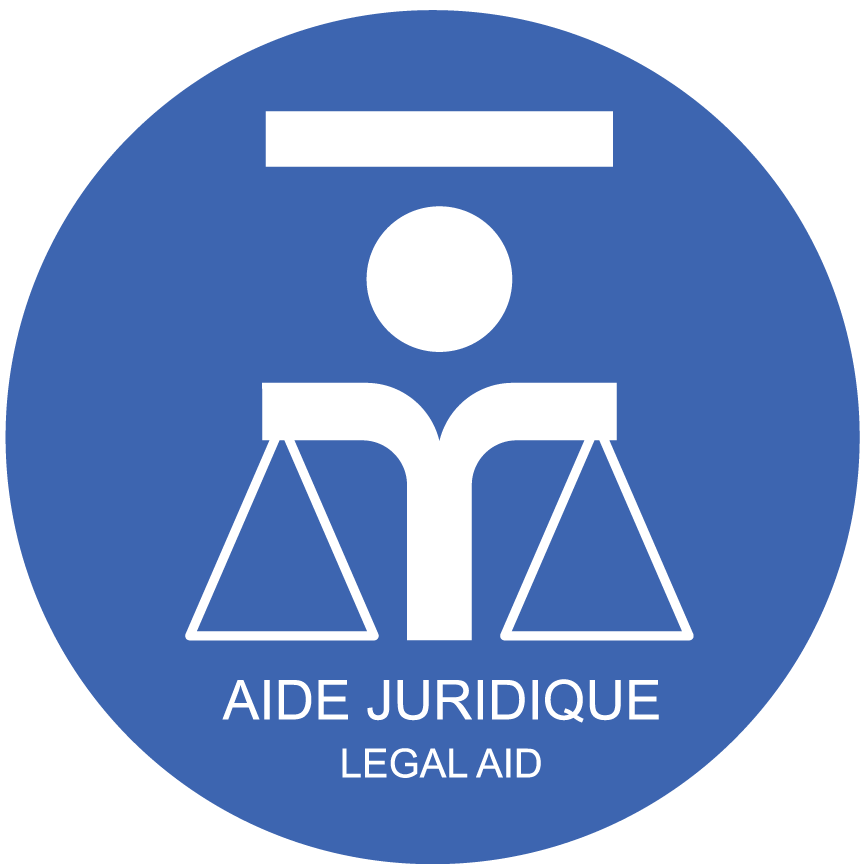The services covered by legal aid are established by law. Some services are offered to everyone in Quebec, regardless of their financial situation. Others are offered only to financially eligible people.

Services available to everyone
Everyone in Quebec can benefit from certain legal aid services regardless of their financial situation.
These services include:
- modifying child support payments (SARPA),
- legal consultation for victims of sexual abuse or domestic violence through the Rebâtir program,
- representation by a lawyer following a court order that you be represented, and
- speaking with a legal aid lawyer if you are arrested.
Services available to financially eligible people
|
Good to know: If you have doubts about your eligibility for legal aid services, a legal aid lawyer can evaluate your situation and determine whether you are eligible. |
Here are some examples of services for people who are financially eligible for free legal aid or legal aid with a contribution:
Some legal services are never covered by legal aid. For example, legal aid won’t cover a lawsuit against someone for defamation (damage to a person’s reputation).
|
See our article Legal Aid: Free or Not? to learn if you could benefit from legal aid services for free or with a contribution. |








